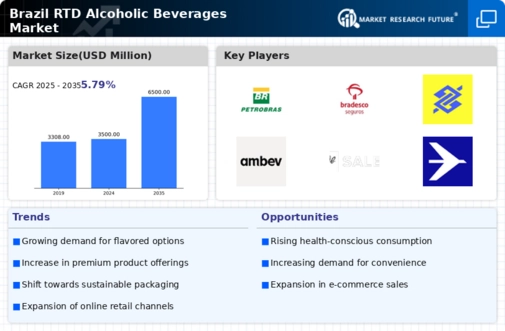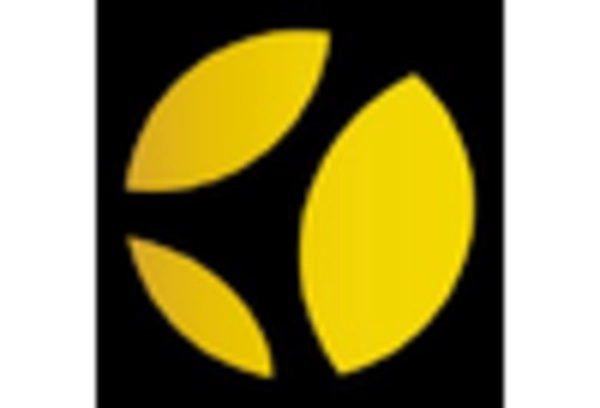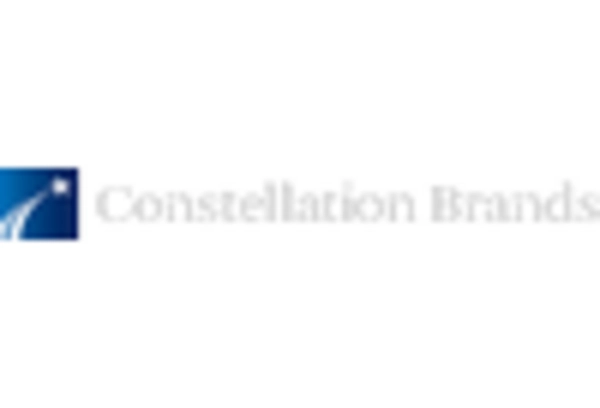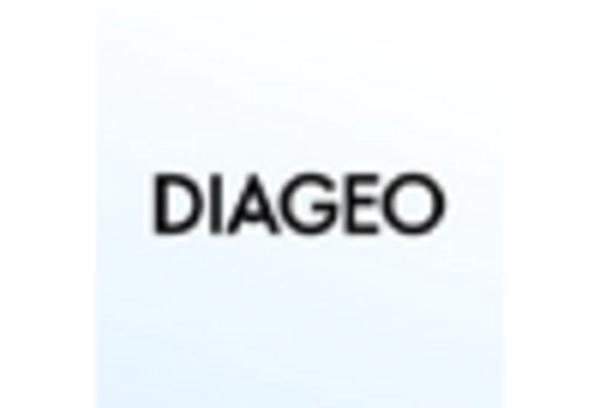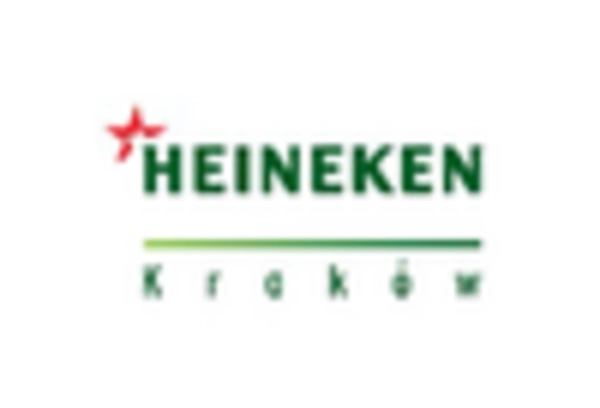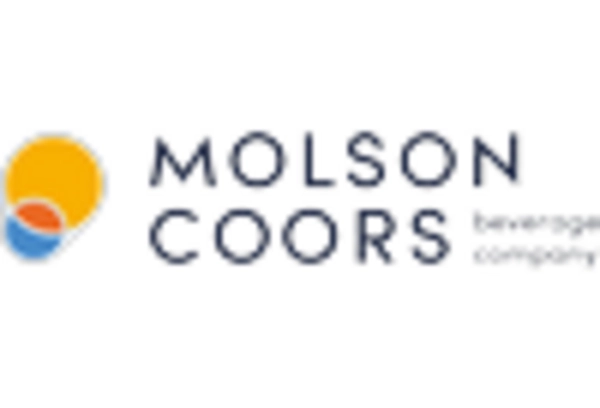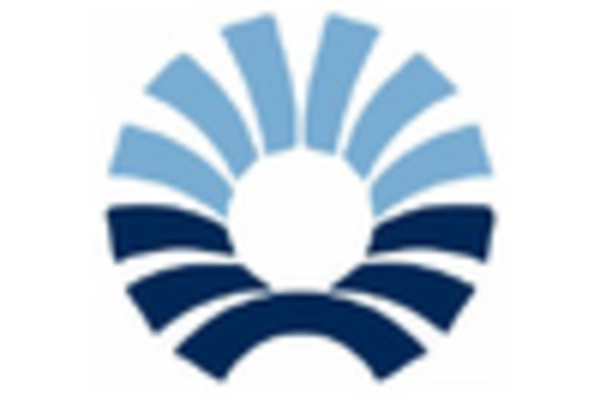Expansion of Retail Channels
The expansion of retail channels significantly impacts the rtd alcoholic-beverages market in Brazil. Traditional brick-and-mortar stores are increasingly complemented by modern retail formats, including convenience stores and supermarkets, which offer a wider selection of rtd products. Additionally, the rise of specialized liquor stores enhances consumer access to diverse brands and flavors. Recent data indicates that retail sales of rtd alcoholic beverages have grown by approximately 20% in the past year, driven by improved distribution networks and strategic partnerships. This expansion not only increases product availability but also enhances consumer exposure to new offerings, thereby stimulating market growth.
Rising Demand for Convenience
The rtd alcoholic-beverages market in Brazil experiences a notable surge in demand for convenience products. Consumers increasingly favor ready-to-drink options due to their portability and ease of consumption. This trend is particularly pronounced among younger demographics, who often seek quick and hassle-free drinking experiences. The convenience factor is further amplified by the growing popularity of outdoor activities and social gatherings, where rtd beverages serve as ideal companions. Market data indicates that the convenience segment has contributed to a substantial increase in sales, with a reported growth rate of approximately 15% in the last year. As lifestyles continue to evolve, This market is likely to benefit from this ongoing shift towards convenience-driven consumption.
Shifts in Consumer Preferences
Shifts in consumer preferences towards unique and diverse flavor profiles are reshaping the rtd alcoholic-beverages market in Brazil. As consumers become more adventurous in their drinking choices, brands are responding by introducing innovative flavors that cater to evolving tastes. This trend is particularly evident among millennials and Gen Z consumers, who seek out products that offer novel experiences. Market analysis reveals that flavor innovation has led to a 25% increase in new product launches within the rtd segment over the past year. As these preferences continue to evolve, the rtd alcoholic-beverages market is likely to see sustained growth driven by creativity and experimentation.
Regulatory Changes and Compliance
Regulatory changes and compliance requirements significantly influence the rtd alcoholic-beverages market in Brazil. The government has implemented various measures aimed at ensuring product safety and responsible consumption. These regulations often necessitate adjustments in production processes and labeling practices, which can impact operational costs for manufacturers. However, compliance with these regulations can also enhance consumer trust and brand reputation. Recent reports indicate that brands adhering to stringent regulatory standards have experienced a 10% increase in consumer confidence. As the market adapts to these regulatory landscapes, This market is poised for growth, albeit with a focus on compliance and quality assurance.
Influence of Social Media Marketing
Social media marketing plays a pivotal role in shaping consumer preferences within the rtd alcoholic-beverages market in Brazil. Brands leverage platforms like Instagram and TikTok to engage with younger audiences, showcasing innovative products and unique consumption experiences. This digital engagement fosters brand loyalty and encourages trial among consumers who are influenced by peer recommendations and visually appealing content. Recent studies suggest that nearly 60% of consumers in Brazil discover new alcoholic beverages through social media channels. Consequently, brands that effectively utilize these platforms are likely to see increased visibility and sales, further propelling the growth of the rtd alcoholic-beverages market.


